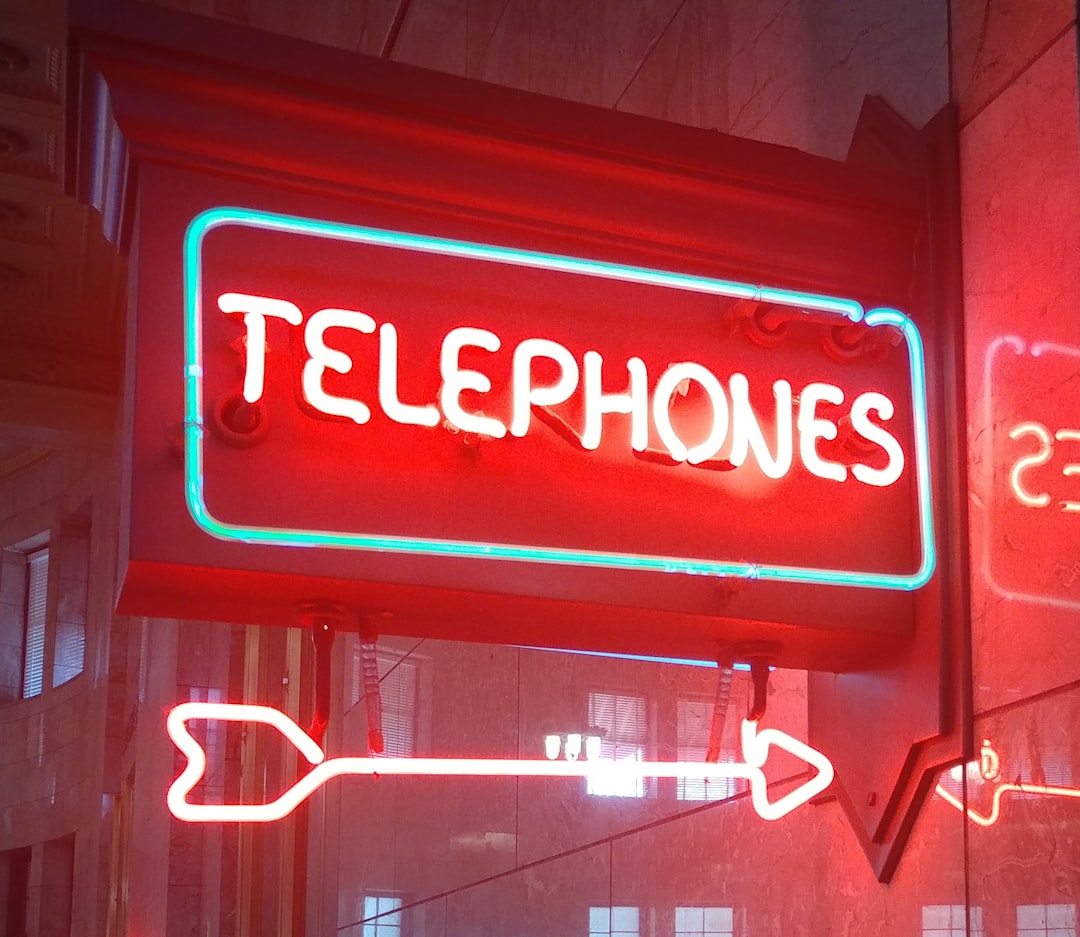Iowa's Debt Collector Laws protect consumers from unfair practices by mandating ethical communication, transparency, and respect for privacy. Agencies must adhere to strict regulations, including specific contact rules, accurate debt information, and avoiding harassment or threats. Consumers have rights to verify debts and cease collection efforts while ensuring validity, fostering a fair debt resolution process. Violations result in legal repercussions and damage collector reputations.
In the state of Iowa, debt collection agencies must adhere to stringent regulations aimed at protecting consumers. Understanding and complying with these laws is crucial for ethical and legal debt recovery practices. This article delves into the key aspects of Iowa’s debt collection regulations, including permits and licensing requirements, fair recovery procedures, communication guidelines, and consumer rights. By exploring these topics, individuals and agencies can ensure they navigate the legal landscape effectively while upholding state standards.
Understanding Iowa's Debt Collection Laws

Iowa has established a set of regulations to protect consumers from unfair or abusive practices by debt collectors. Understanding these laws is crucial for both individuals dealing with debt and collection agencies operating within the state. The Iowa Debt Collection Act (IDCA) outlines specific guidelines that debt collectors must adhere to, ensuring fair and transparent interactions with debtors.
Under the IDCA, debt collectors are prohibited from engaging in harassment, false representations, or using deceptive tactics. They must provide accurate information about the debt, including its amount and the name of the original creditor. Additionally, they are restricted from contacting individuals at inconvenient times, such as before 7 am or after 9 pm, unless the debtor consents to early or late communication. These regulations aim to safeguard consumers’ rights and ensure a more respectful and lawful debt collection process in Iowa.
Permits and Licensing Requirements for Collectors

In Iowa, debt collection agencies must adhere to stringent regulations to protect consumers. Before engaging in debt collection activities within the state, collectors must obtain specific permits and licenses. The Iowa Division of Banking ensures that debt collectors meet these requirements, which include registration with the division and compliance with the Iowa Debt Collection Practices Act (IDCPA).
Collectors are required to provide accurate and fair information to debtors, avoid deceptive practices, and respect individual consumer rights. They must also maintain proper records, ensure confidentiality, and operate transparently throughout the collection process. Failure to comply with these regulations can result in legal consequences, emphasizing the need for debt collectors to stay informed about Iowa’s debt collector laws.
Fair Practices in Debt Recovery Procedures

In Iowa, debt collection agencies must adhere to specific fair practices when recovering debts, as outlined by state laws and regulations. These guidelines are designed to protect consumers from abusive or unfair collection tactics. Debt collectors in Iowa are prohibited from using harassment, threats, or false statements to intimidate or coerce individuals into making payments. They must also provide accurate information about the debt and listen to any challenges or questions raised by debtors.
Additionally, debt collectors should respect a consumer’s privacy rights and obtain proper authorization before accessing personal or financial information. Iowa law mandates that debt collection agencies maintain a professional and respectful demeanor, ensuring their actions are transparent and in line with ethical standards. Adhering to these fair practices not only safeguards consumer rights but also fosters trust between debtors and collectors, promoting a more cooperative environment for resolving outstanding debts.
Communication Guidelines and Consumer Rights

In Iowa, debt collection agencies are bound by specific regulations to ensure ethical and transparent communication with consumers. The state’s debt collector laws outline clear guidelines for how these agencies can interact with individuals who owe money. One crucial aspect is the restriction on aggressive or harassing behavior. Debt collectors must refrain from using abusive language, threatening tactics, or repeated calls aimed at disturbing a person’s peace.
Consumers in Iowa also possess significant rights when dealing with debt collectors. They are entitled to verify the debt and receive valid documentation supporting it. Furthermore, consumers can request that the collection process cease and request proof of the debt’s validity. These rights empower individuals to navigate the debt collection process with confidence, ensuring they are treated fairly according to the Iowa debt collector laws.
Legal Consequences of Violating State Regulations

Violating Iowa’s debt collection regulations can lead to significant legal consequences for agencies operating within the state. The Iowa Debt Collector Laws are in place to protect consumers from unfair and aggressive collection practices, ensuring a balanced approach to recovering debts. If a debt collector fails to adhere to these laws, they may face severe penalties, including substantial fines and potential lawsuits filed by affected individuals.
These regulations cover various aspects of the debt collection process, such as allowing collectors to contact debtors only during reasonable hours, requiring valid proof of the debt, and forbidding threats or harassment. Debt collectors must also provide borrowers with specific information about the debt and their rights under the law. Any deviation from these rules can result in consumer complaints and legal action, ultimately impacting the collector’s reputation and financial stability.






